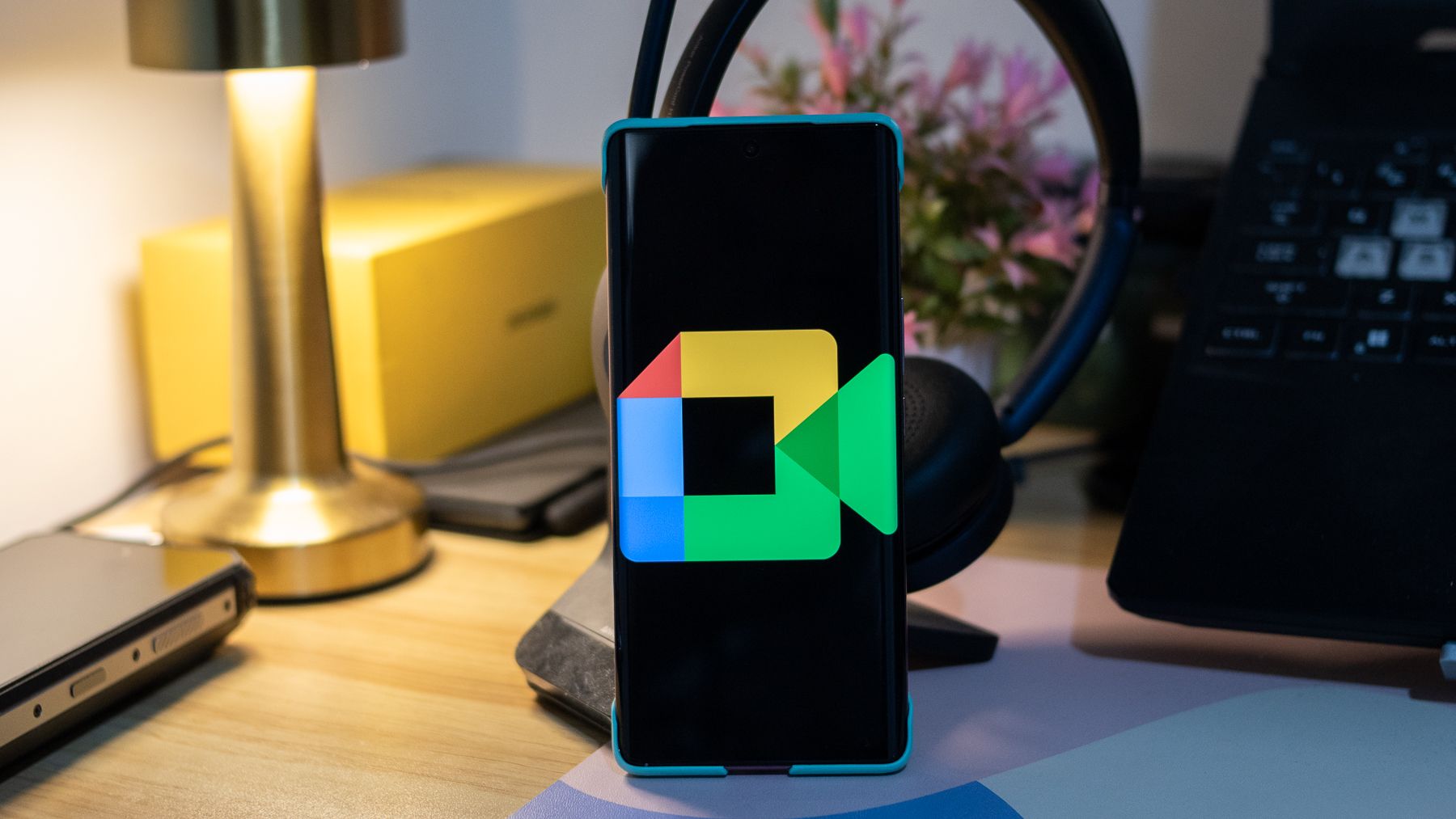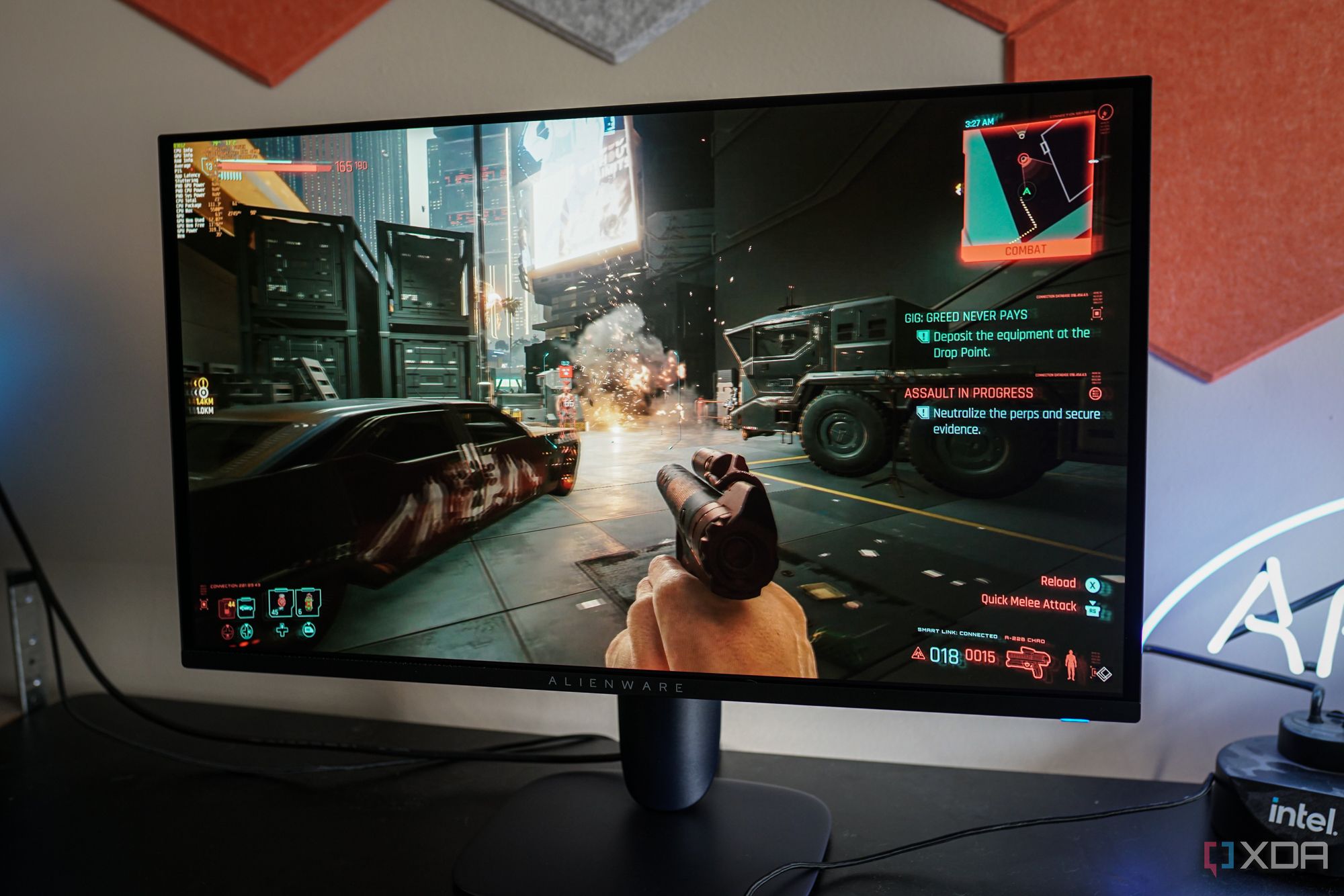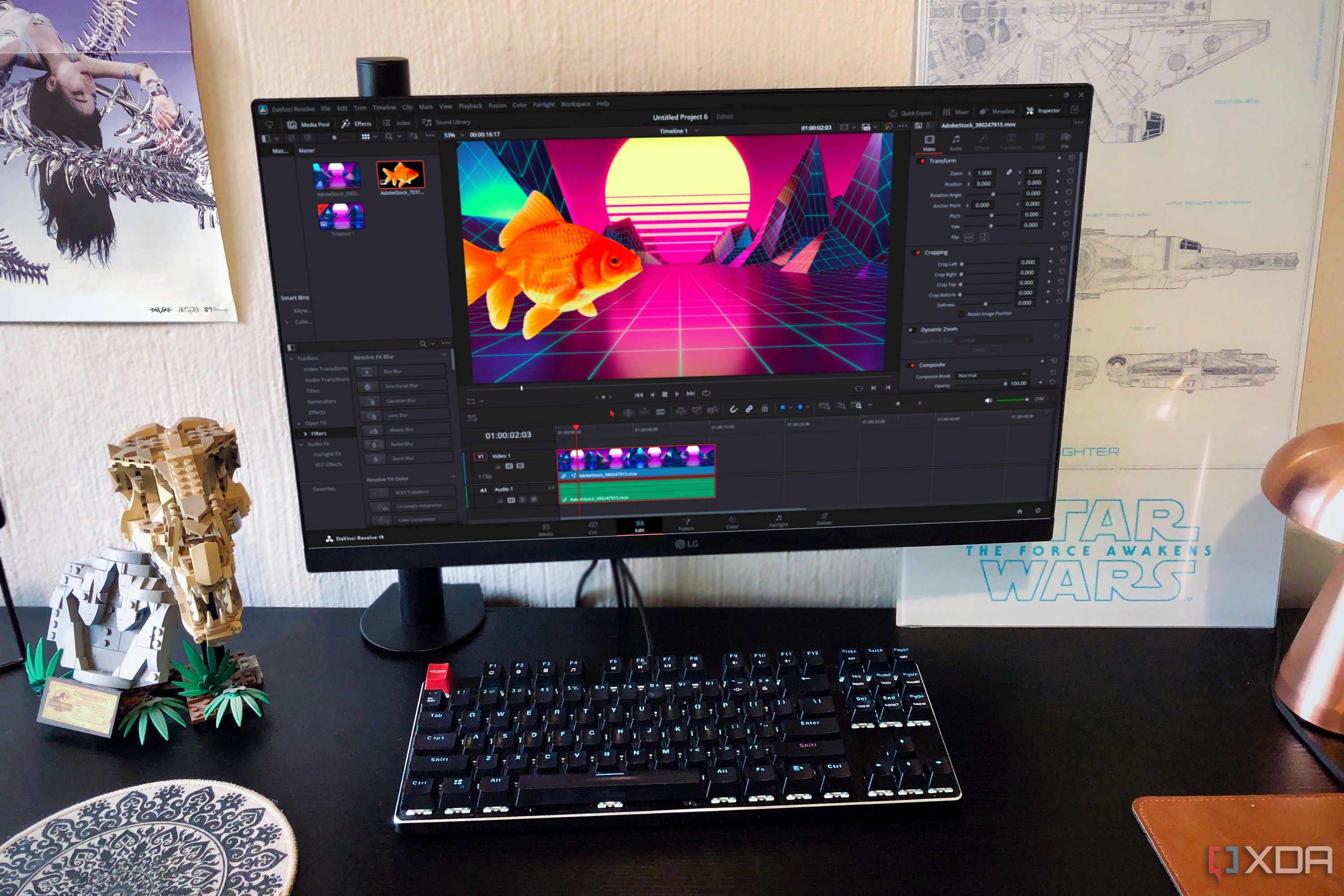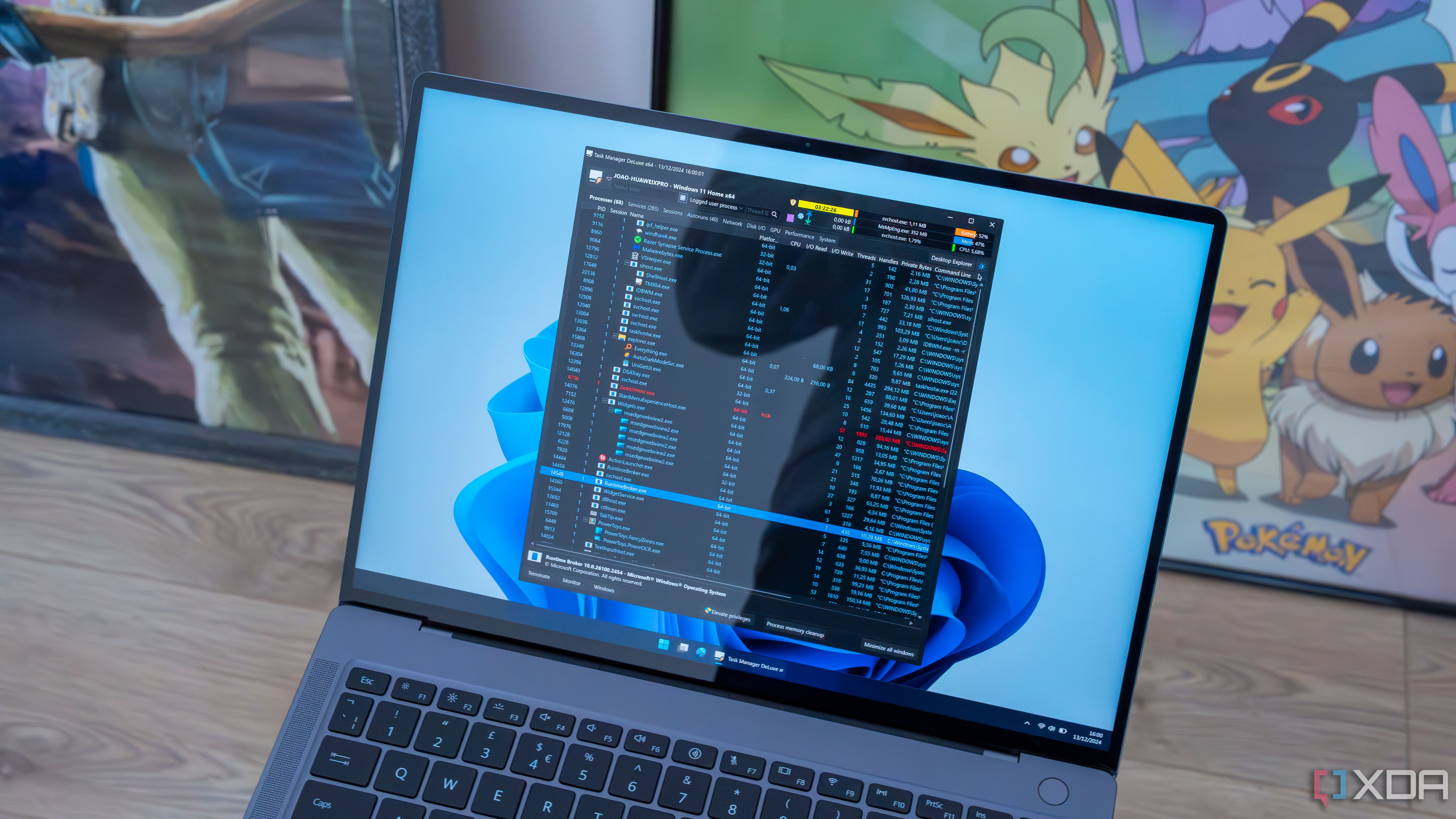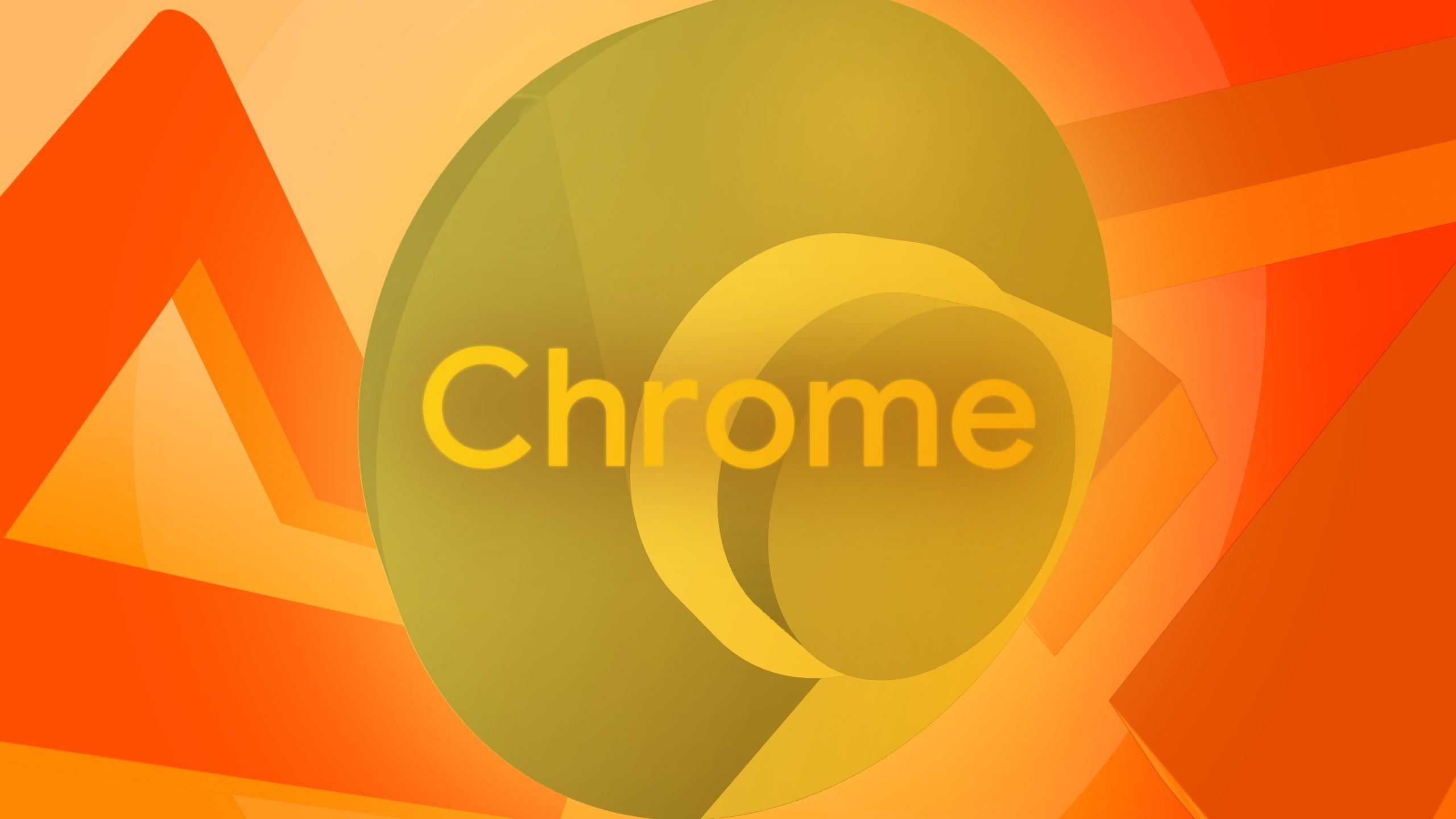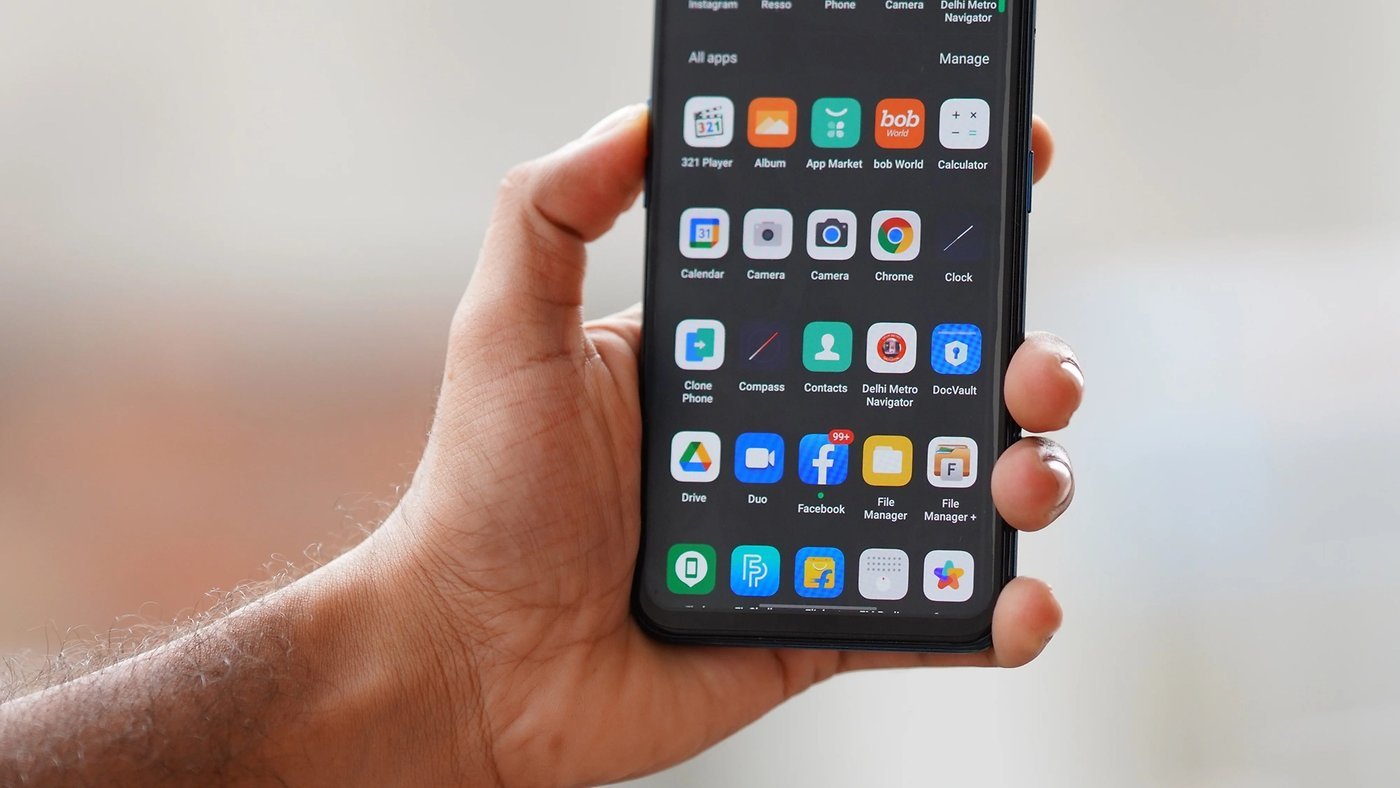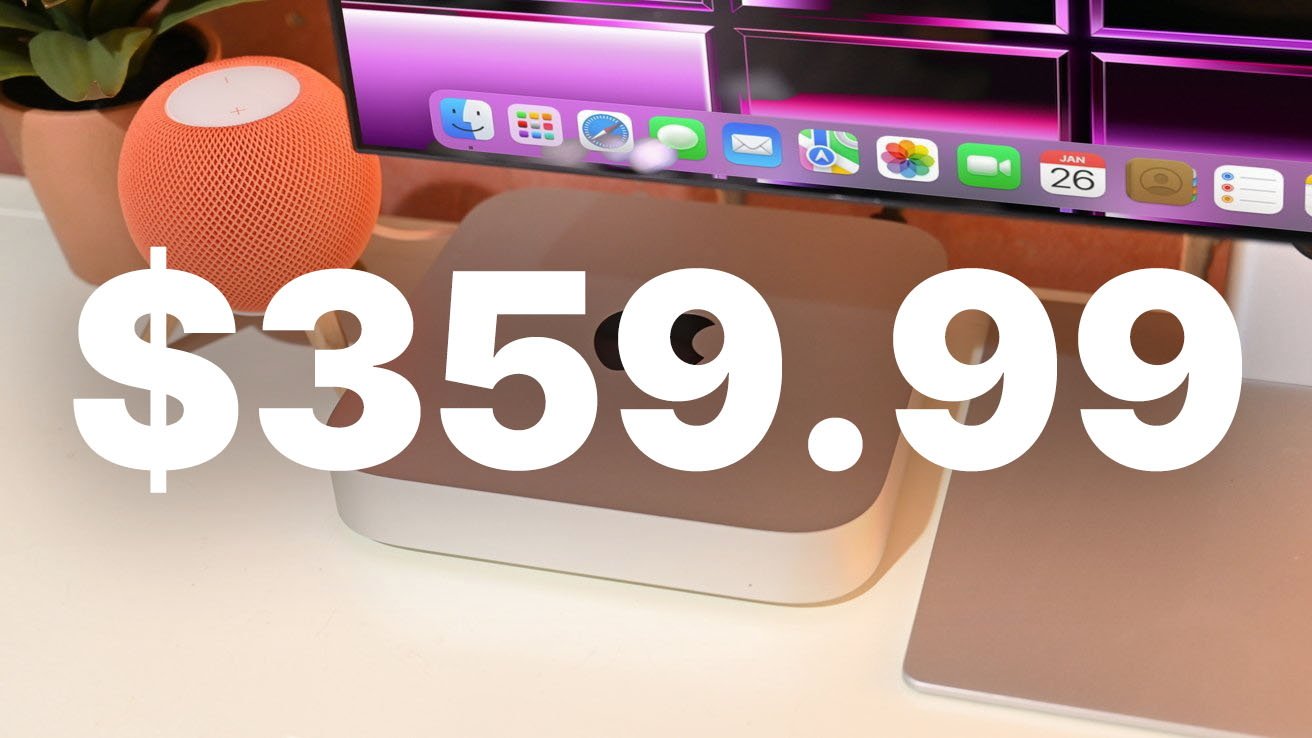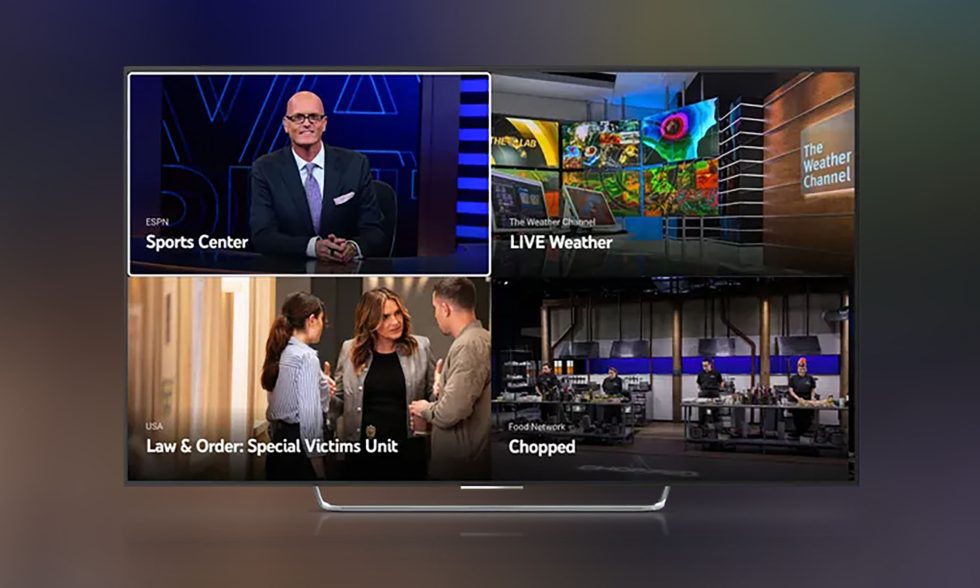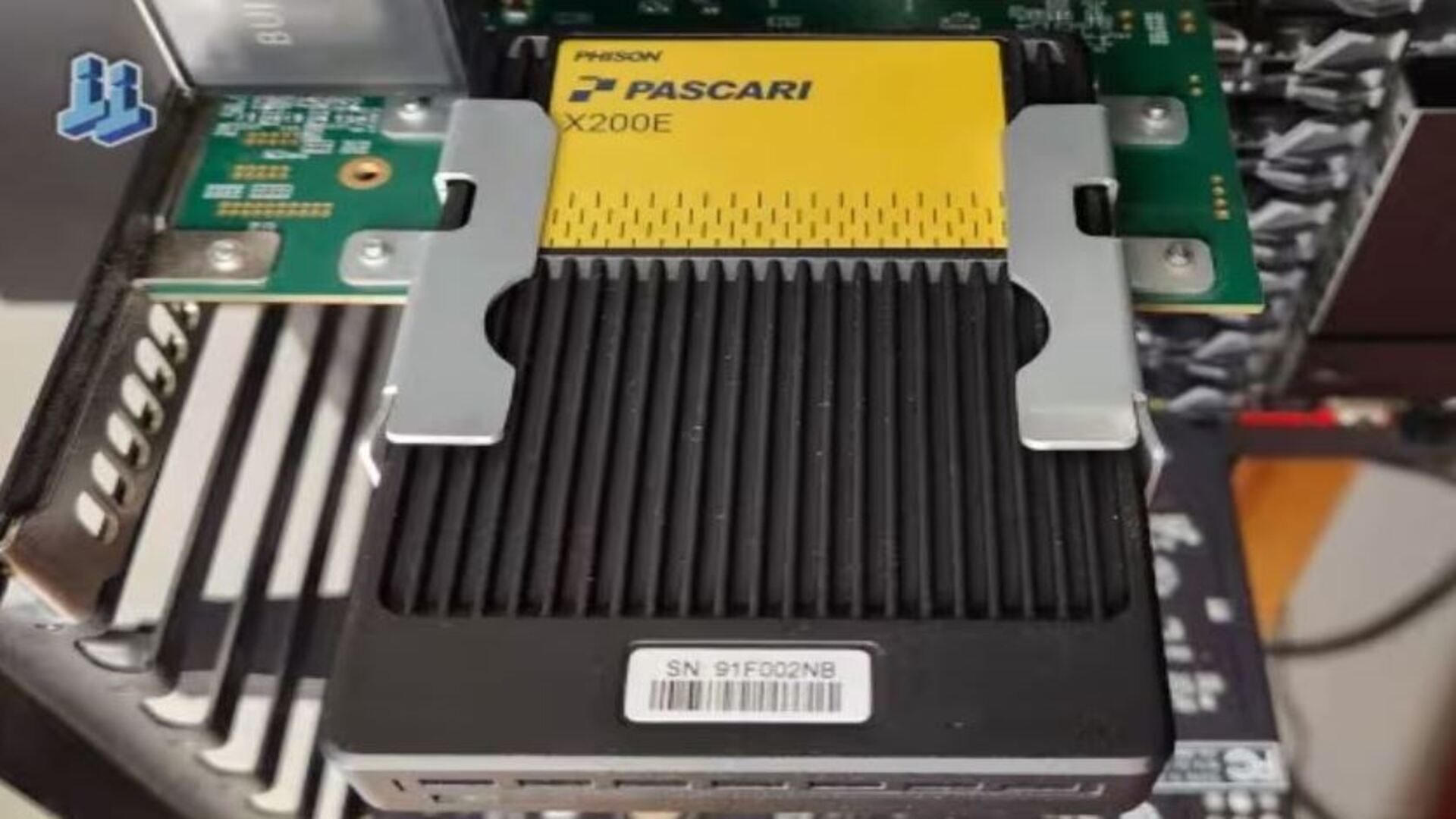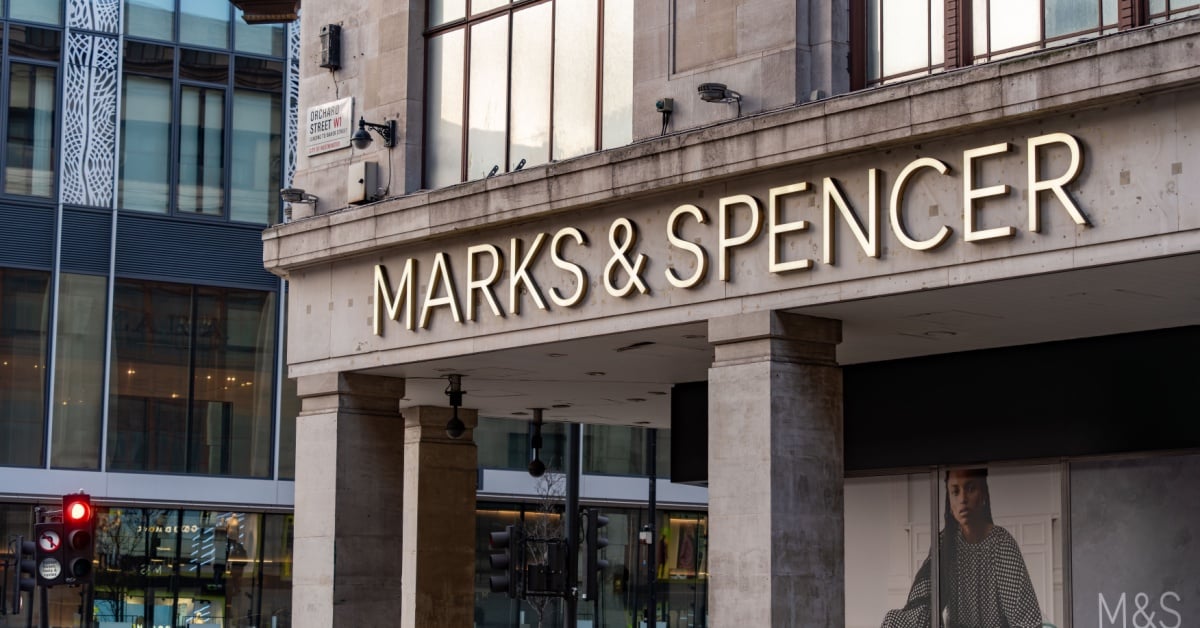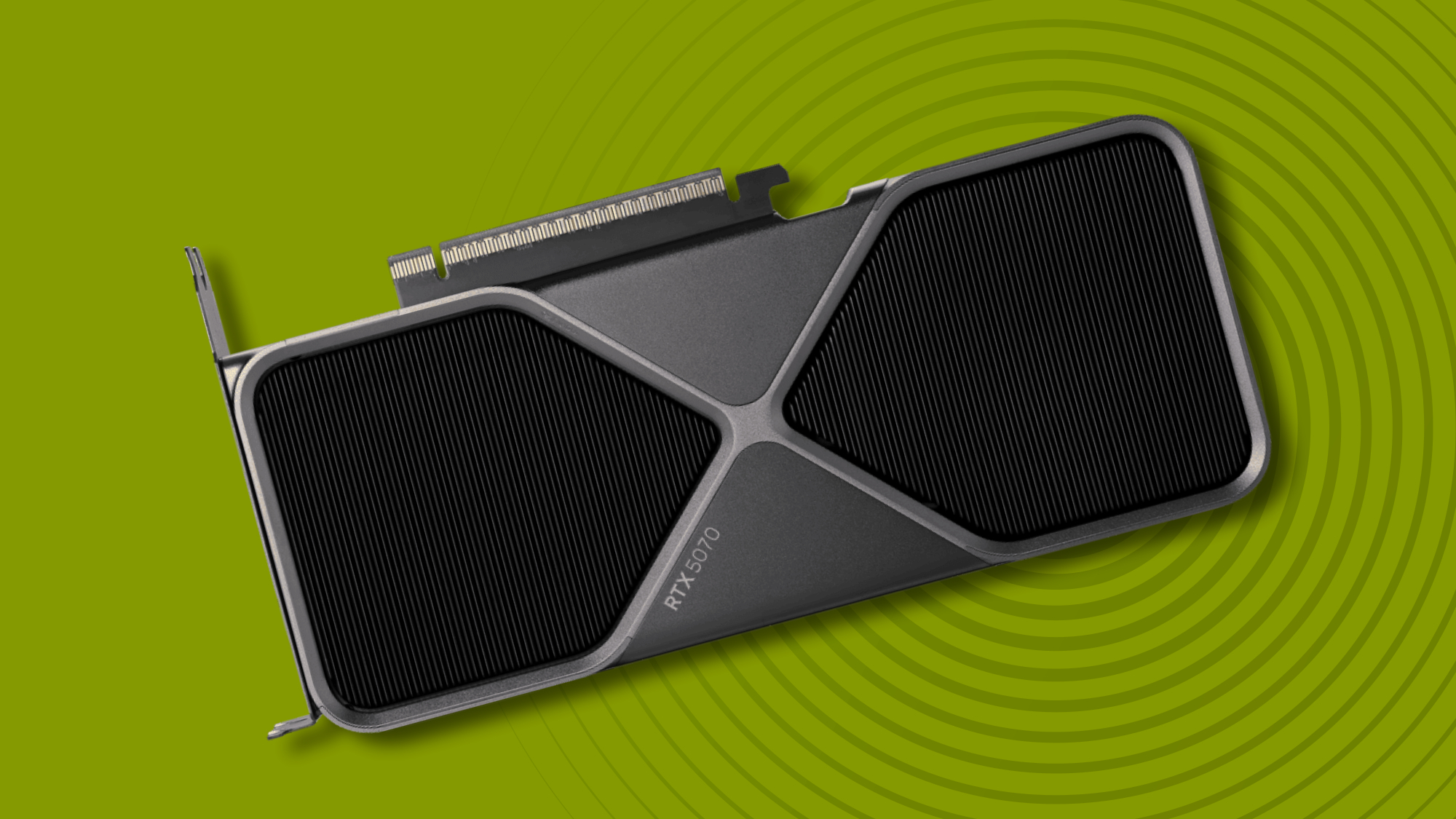‘A real blow’: Washington state sales tax on tech and digital services rattles industry
A host of tech-related businesses will soon be subject to Washington’s retail sales tax under legislation approved by lawmakers on Thursday. Senate Bill 5814 updates the state’s excise tax code to apply sales tax to a wide range of categories, including advertising agencies, software development firms, IT support providers, and other digital service businesses. Companies must begin collecting sales tax from customers starting in October 2025. The bill aims to “modernize” the tax system as Washington’s economy shifts toward services and digital products. “The legislature recognizes that our state and nation have moved away from a predominantly goods-based economy towards… Read More


A host of tech-related businesses will soon be subject to Washington’s retail sales tax under legislation approved by lawmakers on Thursday.
Senate Bill 5814 updates the state’s excise tax code to apply sales tax to a wide range of categories, including advertising agencies, software development firms, IT support providers, and other digital service businesses. Companies must begin collecting sales tax from customers starting in October 2025.
The bill aims to “modernize” the tax system as Washington’s economy shifts toward services and digital products.
“The legislature recognizes that our state and nation have moved away from a predominantly goods-based economy towards a more service-based economy,” the bill reads. “As a result, Washington’s tax code, which is heavily reliant on sales taxes, continues to reach a narrowing share of economic activity subject to the retail sales tax.”
Phillip Anderson, vice president of development at Seattle Software Developers, said the bill “feels like a real blow” and cited an already “significant tax burden.”
“To now impose additional tax obligations on an industry that helped build Seattle’s economy — and arguably put it on the map — is discouraging,” he said.
Lawmakers have debated various new taxes in recent weeks to address a projected $16 billion budget shortfall, including a payroll and wealth tax that drew intense pushback from tech companies including Microsoft.
It’s not clear whether Gov. Bob Ferguson will sign the bill. We’ve reached out to the governor’s office for comment.
Adam Brazg, CEO of Seattle software development firm Bilberrry, said he understands the fiscal challenges but urged lawmakers to be cautious. He said the state’s business growth depends on continued investment in digital infrastructure and emerging tech.
“We hope policymakers have thoughtfully considered the long-term impact of this tax on the state’s digital economy and have carefully modeled the potential risks it may pose to future innovation and growth,” Brazg said.
Washington’s tech industry makes up about 22% of the state’s economy.
Kelly Fukai, CEO at the Washington Technology Industry Association, said her group’s members are “very concerned” about the legislation.
“They have to compete on a national basis,” she said. “This new tax will reduce competitiveness and will shrink their ability to win business.”
Washington’s state sales tax is 6.5%, with local jurisdictions adding up to several additional percentage points.
John Rubino, partner at Seattle-based marketing firm GreenRubino, said the law will impact both his company and the clients and brands that will now pay sales tax on services.
“This is significant, and not in a good way,” he said.
Rubino also said most agencies in Washington are small to mid-sized businesses and said the bill puts them at a disadvantage.
It’s unclear whether the bill will affect advertising or marketing businesses within larger tech companies. Amazon declined to comment. We reached out to Microsoft for comment.
The bill passed narrowly in both chambers and is expected to generate $2.9 billion in the next two-year state budget cycle and $4.7 billion over four years, according to state estimates.
The new revenue will help fund public schools, health care, social services, and other government programs.
The bill also includes a new excise tax on nicotine products, including synthetic nicotine, and a one-time prepayment requirement for businesses with $3 million or more in taxable retail sales in 2026, aimed at accelerating state revenue collection.
Senate Bill 5813, a separate bill that increases the state’s capital gains tax, passed out of both chambers this week.
Lawmakers have until April 27 to finalize the budget and send it to the governor’s desk.
Read the full Senate Bill 5814 below.


